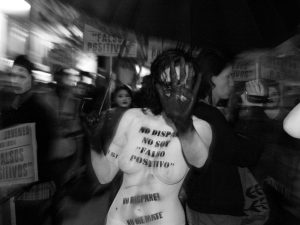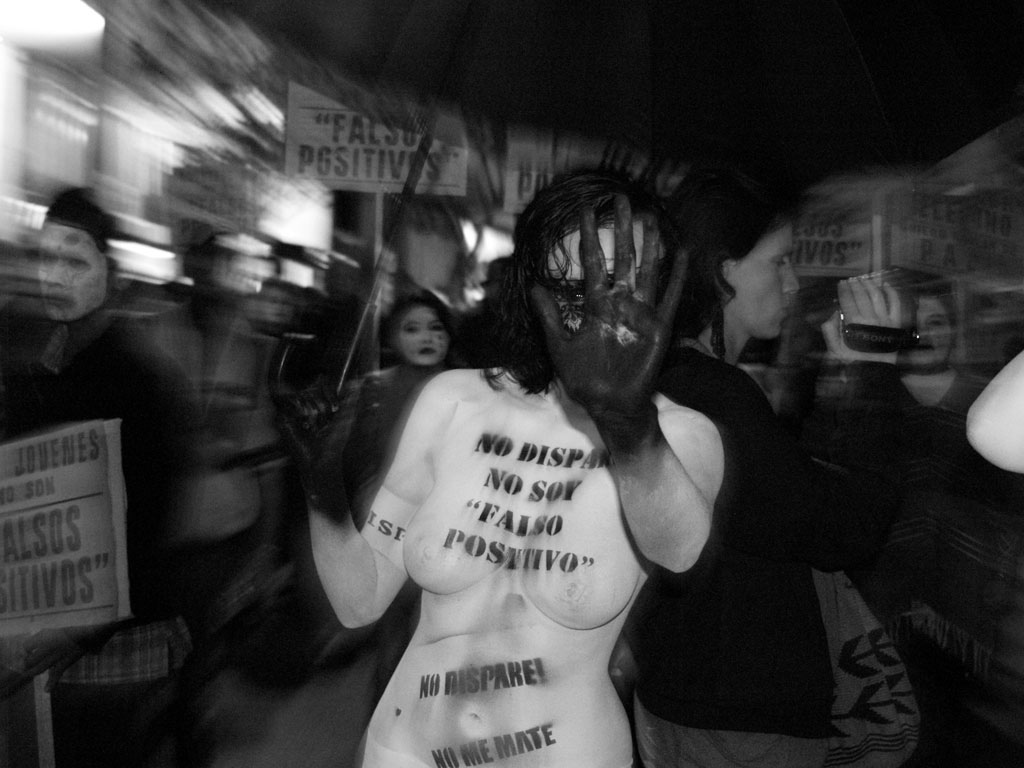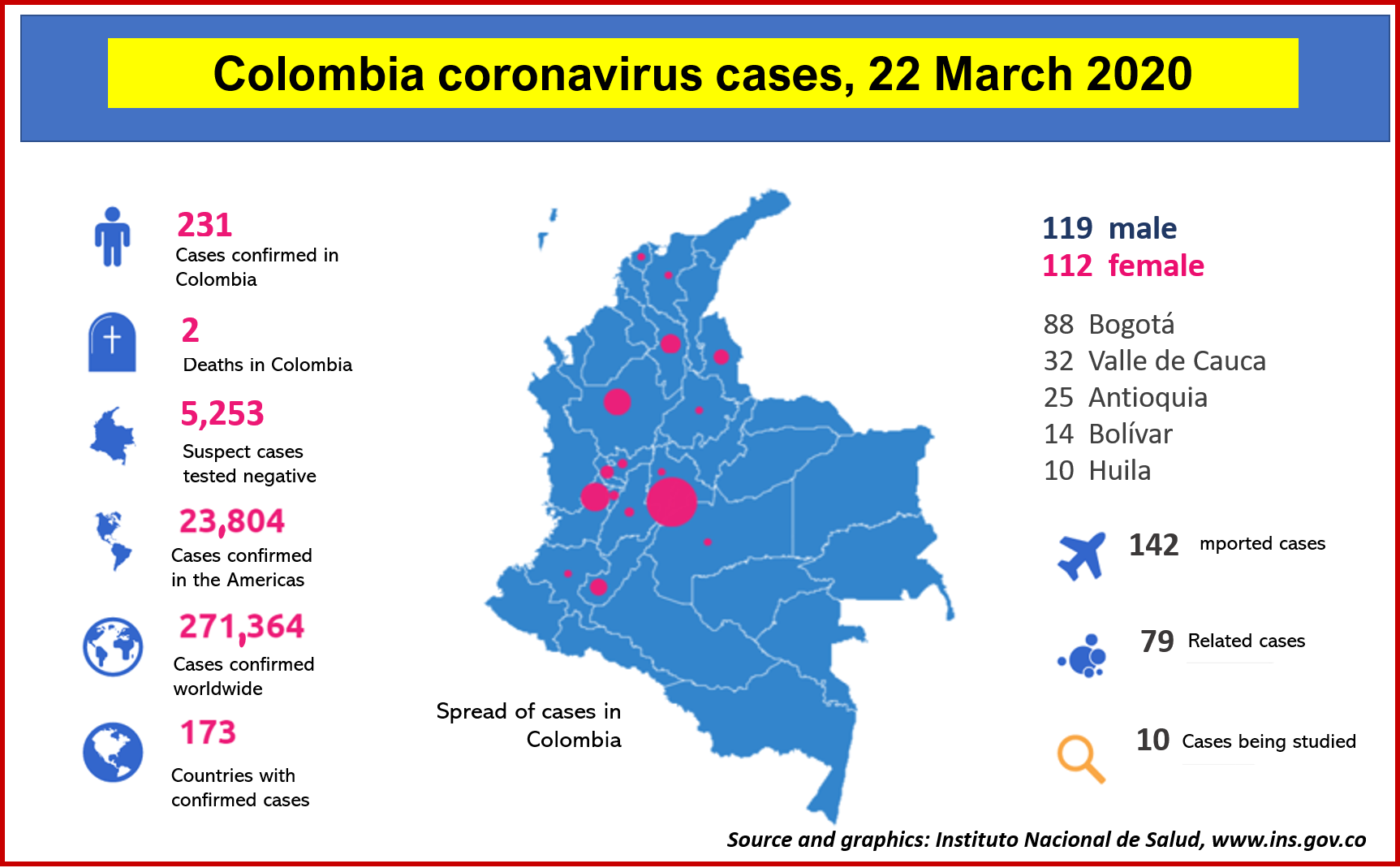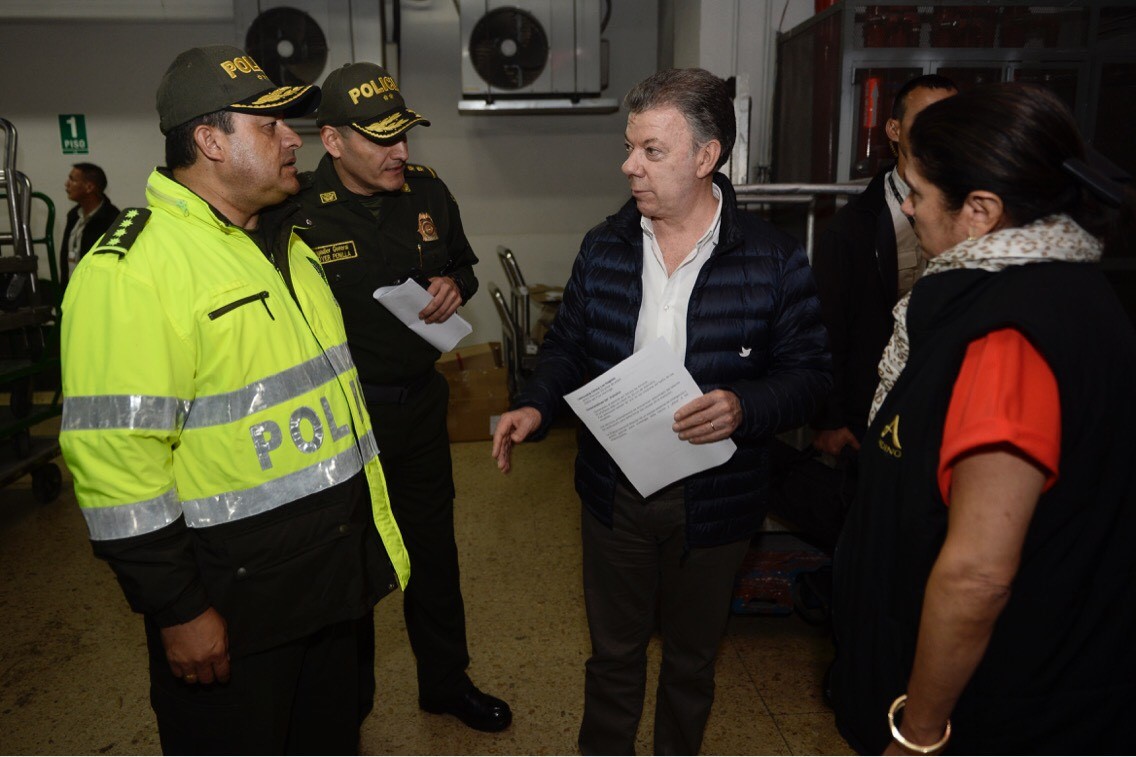
Protestors against the false positives murders that are believed to have left more than 3,000 Colombians dead.
Pedro Antonio Gámez recruited five young men with promises of a work opportunity before dressing them in guerrilla uniforms and selling them to soldiers who tortured and killed them, a Bogotá judge ruled this week, according to Colombia’s Semana newspaper.
The judge sentenced Gámez to 39 years in prison on Tuesday for the deaths of the five victims massacred in the eastern town of Ocaña in 2008 as part of the “false positives” murders.
The five victims were identified as Jaime Valencia, 16; Jhonatan Soto, 17; Daniel Martínez, 21; Diego Marín, 21; and Julio César Mesa, 21.
During the trial, prosecutors said their investigation found that none of the five young men belonged to any guerrilla group, according to Semana’s report. They were all identified as coming from low-income families in Bogotá.
Gámez received 1 million pesos (about $350 USD) for each victim he turned in, according to the report.
María Ubilerma Sanabria, the mother of Valencia, told Semana that the sentencing gives her closure on her son’s case and can be used as a larger message for Colombians.
“But those 39 years of prison aren’t going to give me my son back,” she told the magazine after the trial. “The only thing that I want is for everyone to know that this happened so we don’t allow it to happen again.”
The “falsos positivos” murders, as they’re referred to in Spanish, were a series of killings taking place in rural Colombian towns that were prevalent during the presidency of Álvaro Uribe, who was in office from 2002 until 2010. It is alleged that Colombian soldiers would pay recruiters to offer jobs to impoverished or marginalized people then murder them and make it look like they were part of the FARC or ELN guerrilla groups. This boosted the quota of dead guerrilla soldiers during Colombia’s long-lasting Civil War that would result in bonuses and promotions for Colombian military personnel.
More than 3,000 people, many of them poor or mentally ill, are believed to have been murdered as part of the “false positives” massacres.
Though the vast majority of the cases have never been tried, six military members were sentenced in 2012 when they were found guilty of killing a mentally ill day laborer after promising him a work opportunity in Bogotá.
In 2008, an anonymous source told the Colombian television program La Noche that Gámez was responsible for murders and disappearances in relation to the “false positives” case.






